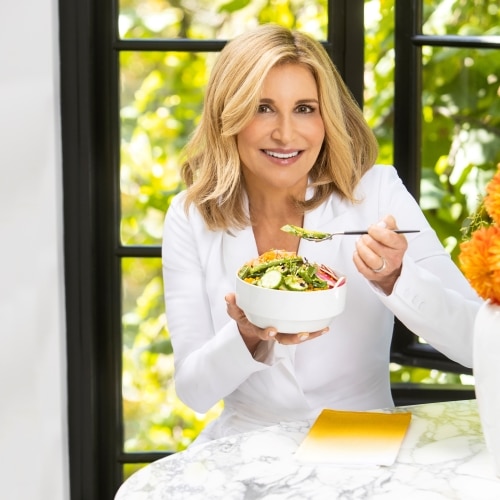Understanding Your Food Story with Elise Museles
In this episode, we talk to Elise Museles about discovering your food story and how stress is the anti-nutrient.

In this episode, we talk to Elise Museles about discovering your food story and how stress is the anti-nutrient.

Memorable Moments:
Dear Mind, You Matter is brought to you by NOBU, a new mental health and wellness app. To download NOBU, visit the app store or Google Play.
This podcast is hosted by Allison Walsh and Dr. Angela Phillips. It is produced by Allison Walsh, Ashley Tate, and Nicole LaNeve. For more information or if you’re interested in being a guest on this podcast, please visit www.therecoveryvillage.com/dearmindyoumatter.
Elise Museles holds four certificates in holistic health and integrative healing. She is on the Environmental Working Group board of directors and has been a National Institutes of Health (NIH) grant recipient for five years in a row. A sought-after speaker, she is also host of the popular Once Upon a Food Story podcast. Her work has been featured in O, The Oprah Magazine, Forbes, Health, Self, ELLE, Well+Good, The Chalkboard, mindbodygreen, and other outlets. Elise’s new book Food Story: Rewrite the Way You Eat, Think, and Live was recently released.